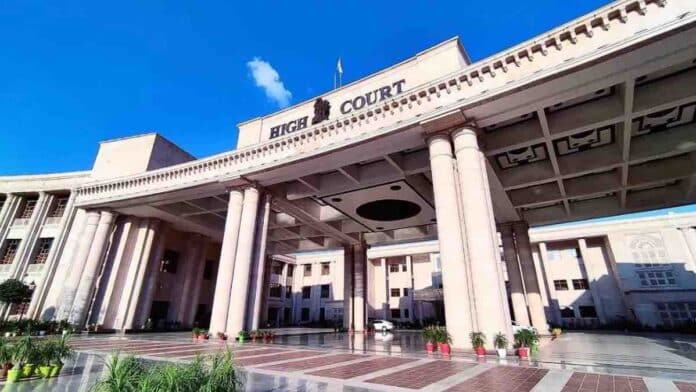The Allahabad High Court, Lucknow Bench, has directed the Commissioner of State GST to send an Assistant Commissioner for three months of training after the officer passed a penalty order based on a “presumption” that the owner of the goods would be informed by the transporter, rather than serving a formal notice as required by
To Read More Please Subscribe to VIP Membership for Unlimited Access to All the Articles, Download Available Copies of Judgments/Order, Acess to Central/State Bare Acts, Advertisement Free Content, Access to More than 4000 Legal Drafts( Readymade Editable Formats of Suits, Petitions, Writs, Legal Notices, Divorce Petitions, 138 Notices, Bail Applications etc.) in Hindi and English.




